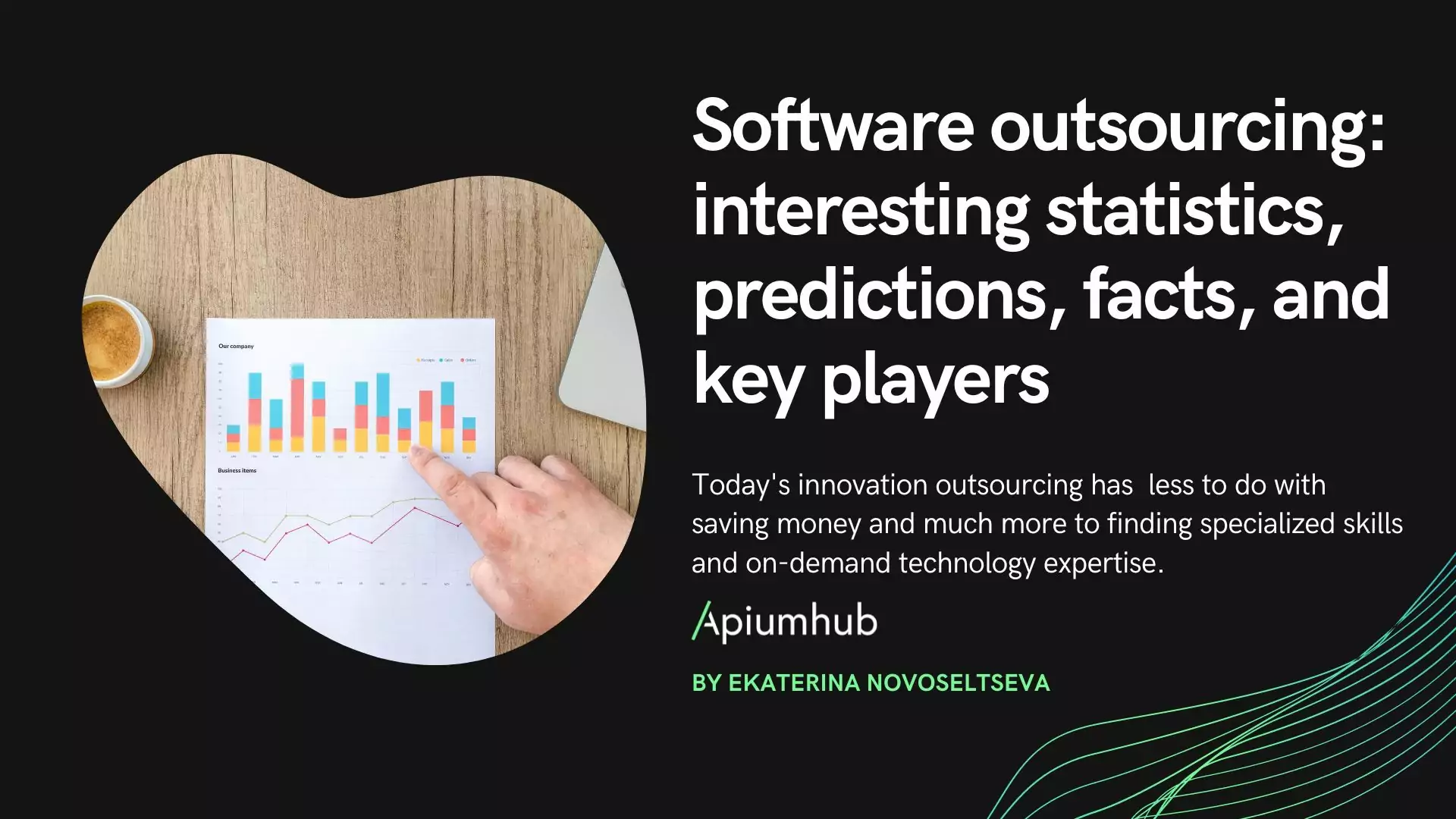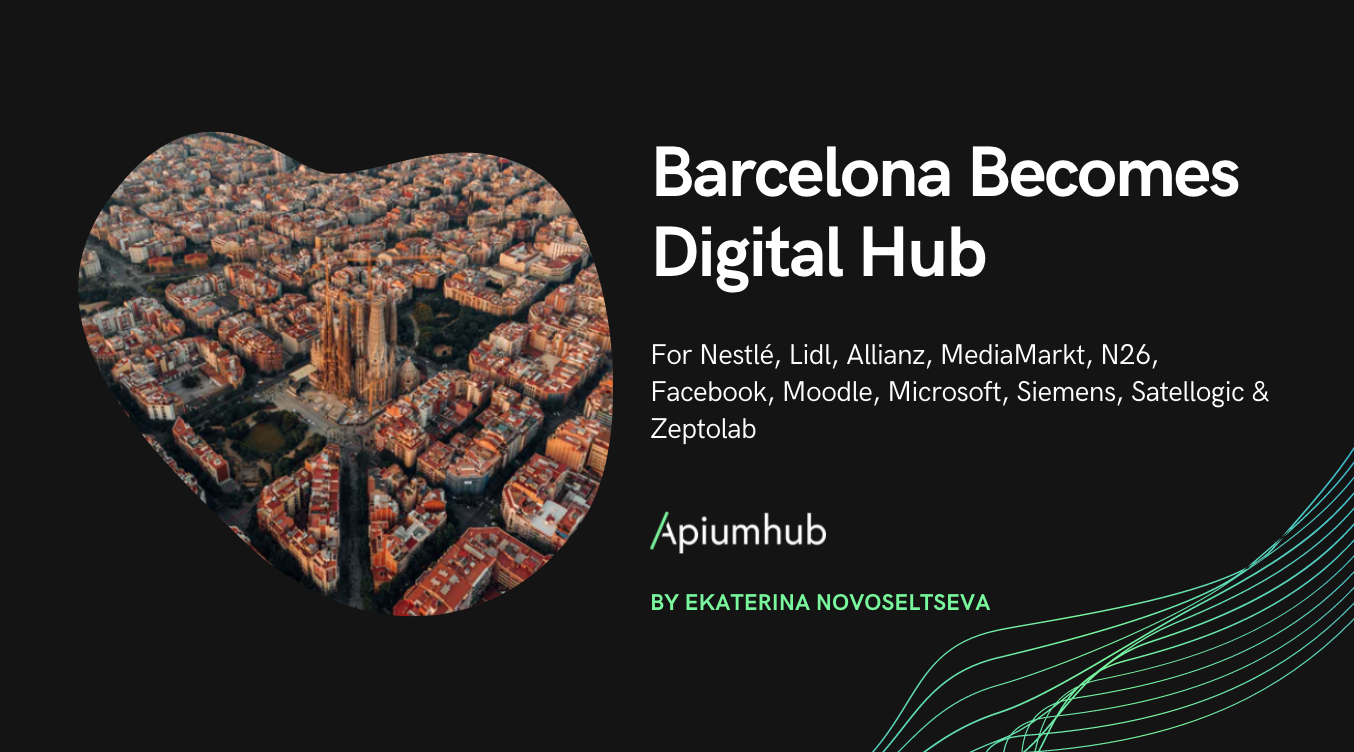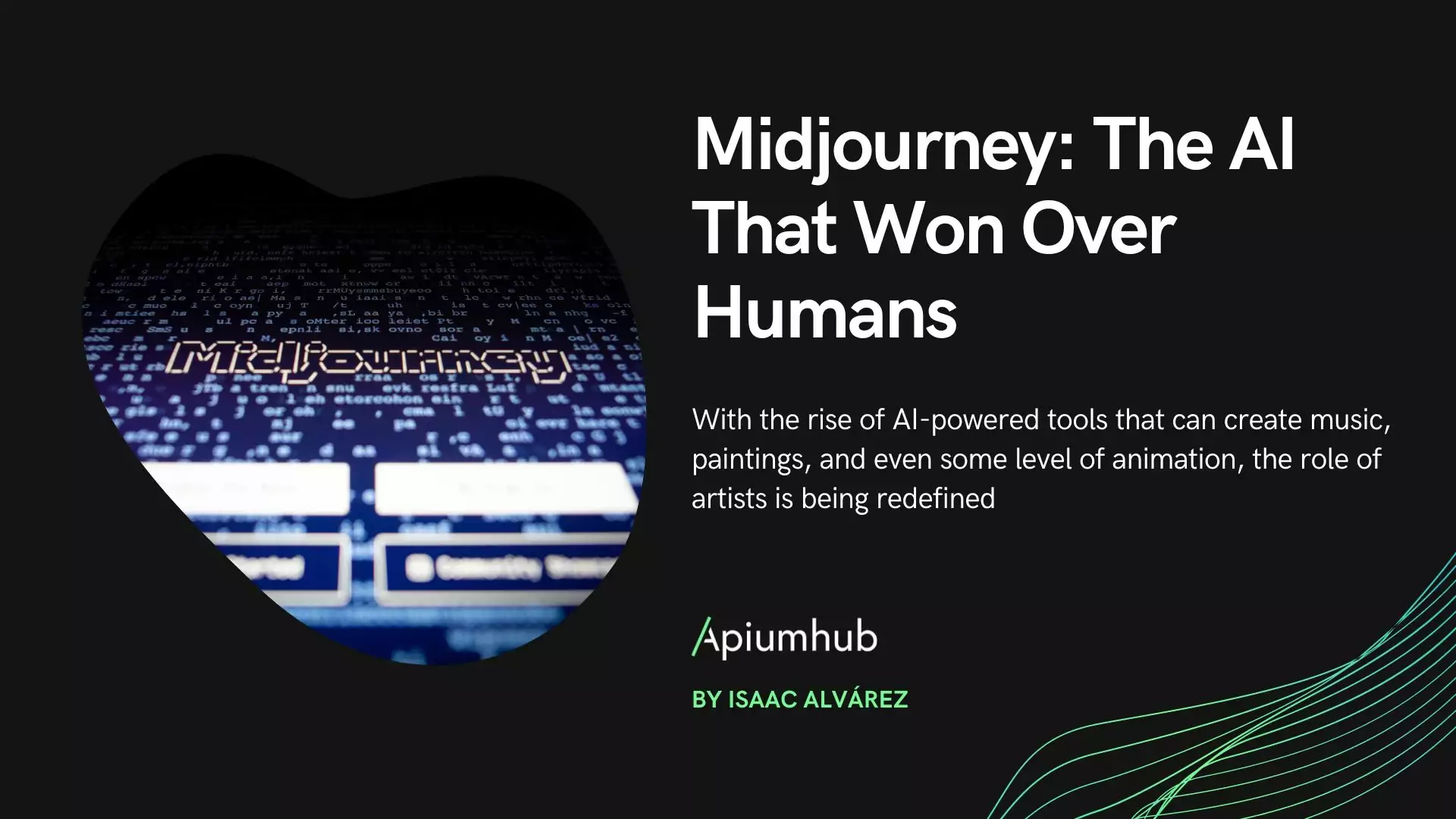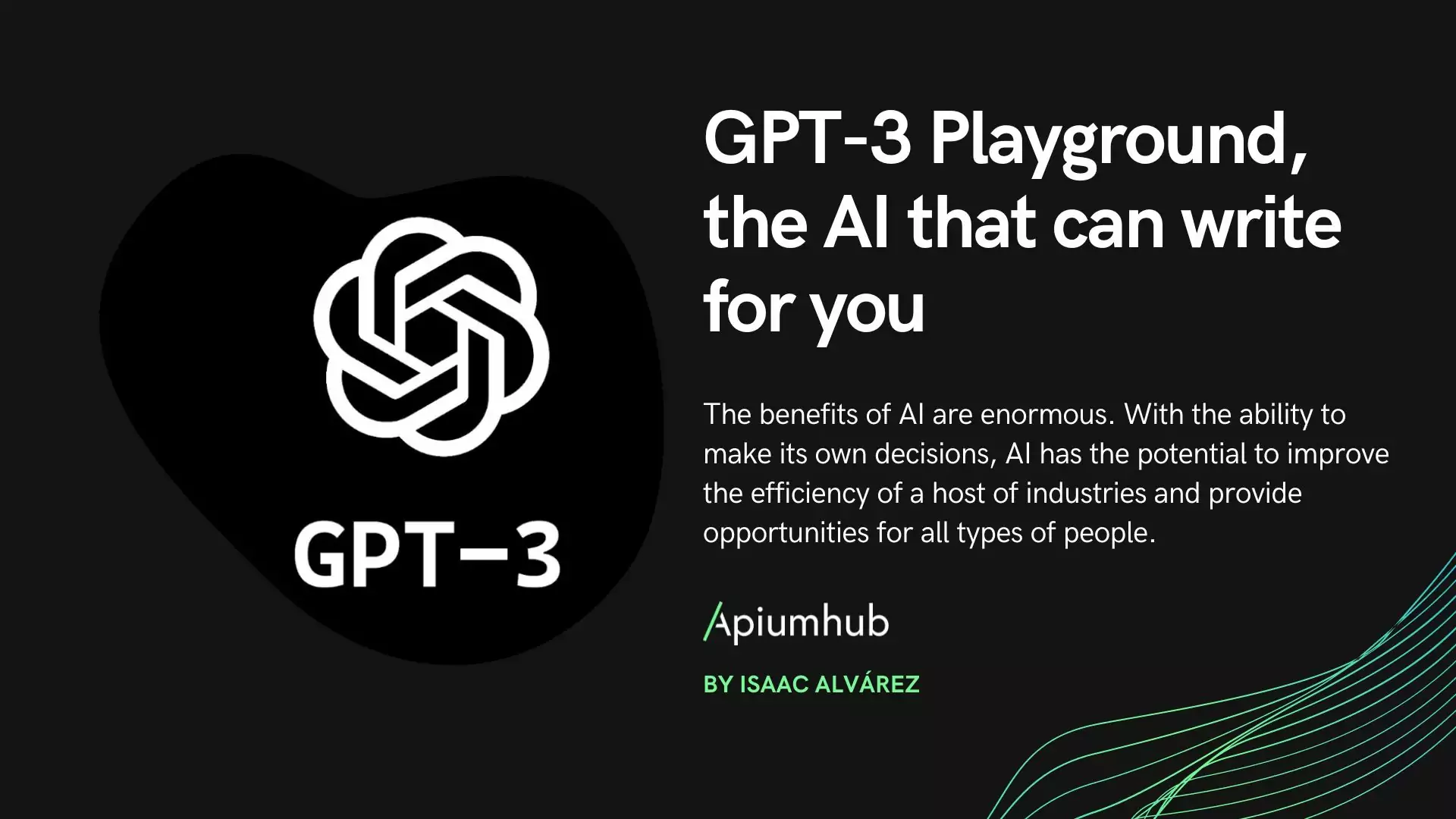Table of Contents
I decided to write an article about the technology landscape to know what to expect in the upcoming year. We live in a world where everything changes fast, so what I write now may be useless in 1 or 2 years, but at least for the coming months, it may help you to plan your digital IT strategy.
The technology landscape to know about
M-Commerce is Growing Exponentially
The first one that will keep sharping the technology lanscape is m-commerce. Mobile is everything to us now. It helps us keep in touch with family and friends. Stay on top of work, improve fitness, monitor health, manage homes, conduct financial transactions and much, much more. Mobile is changing all industries inside-and-out and giving us huge opportunities.
Decacorns and Rabbits Will Substitute Unicorns
The second ones that change the technology lanscape are decacorns. We live in the era of unicorns. But lately we see a growing number of Decacorns and Rabbits. Decacorns are those companies that achieved a $10 billion valuation and are automatically moved to the new level. And Rabbits are tech companies with Real Actual Business Building Interesting Tech.
Artificial Intelligence
Artificial intelligence should be definitely mentioned in our technology landscape overview of the upcoming year. Artificial Intelligence (AI) and Machine learning will grab much of the attention in the upcoming years. Angel Garcia – founder and managing partner of the accelerator program Startupbootcamp, believes that an increasing share of IOT investments will log towards AI startups in the upcoming two years. “ Investors are realizing that AI will be extremely relevant for IOT,” he said.
Robots are doing great work in factories. Driverless cars have become a reality. WiFi-enabled Barbie uses speech-recognition to talk to children. Companies are using AI to improve their product and increase sales. AI saw significant advances in machine learning.
Nowadays AI that can detect human emotion is one of the most important new areas of research. And AI experts believe that our computers’ ability to understand speech will lead to an almost seamless interaction between human and computer. With increasingly accurate cameras, voice and facial recognition, computers are better able to detect our emotional state. Researchers are exploring how this new knowledge can be used in education, to treat depression, to accurately predict medical diagnoses, and to improve customer service and shopping online.
Big Data
Big Data became a strong competitive advantage for most of the companies. Now there is a notable increase in data investigation, data gathering, and data sharing. Combining data from the network core, radio access network and handset connectivity, together with customer value and touch point interactions, can enable service providers to improve many aspects of customer experience management.
According to a recent study from LinkedIn, the number of data scientists has doubled over the last four years. The number of job posts grew extremely fast, and these trends have led to an increased demand for sophisticated data analysis skills. With this demand has also emerged a variety of different ways of working with data, which will shape the Big Data landscape in the upcoming years.
Big data analytics helps organizations harness their data and use it to identify new opportunities. That, in turn, leads to smarter business moves, more efficient operations, higher profits, and happier customers.
Today’s consumers are difficult, it is hard to convince them to buy your product and to choose your brand. They look around a lot before they buy, talk to their entire social network about their purchases, demand to be treated as unique and want to be sincerely thanked for buying your products. Big Data allows you to profile your target so that you can engage in an almost one-on-one, real-time conversation with them. If you don’t treat them like they want to, they will choose your competitor who offers them more relevant products and promotions. Big Data can also help you understand how others perceive your products so that you can use this information in your marketing strategy.
On top of that, Big Data lets you test new ideas so that you can check how small changes in material, for example, affect costs, lead times, and performance. It helps you to increase the efficiency of your production process.
Predictive analytics by Big Data allows you to scan and analyze newspaper reports or social media feeds so that you can follow the latest developments in your industry. Additionally, Big Data analytics allows you to personalize the content and look and feel of your website in real time to satisfy each consumer entering your website, depending on their sex, preference, nationality or how they ended up on your site. For example, Amazon uses this feature to generate about 20% more revenue by using big data.
Big Data will move us to the next level, improving our quality of life and giving us enormous opportunities. For example, with human genome mapping and Big Data tools, it will soon be possible for everyone to have their genes mapped as part of their medical record. This allows medical science to find the genetic determinants that cause a disease and develop drugs for those causes.
In the upcoming years here will be significant progress towards simplification; how data is stored, analyzed and processed is transforming businesses.
Drones
Drones have sparked the imagination of entrepreneurs, consumers, and large commercial users. The adoption is happening very fast. Every month people find new ways of using them, therefore, giving insights of what new functionalities should be added.
IoT
Smartphones will become people’s connection to everything: home, office, car, city, etc. Key players like Ubuntu presented absolutely outstanding IOT products, which I am sure inspired others to work towards that direction.
IoT really changes our lives, making it more convenient, allowing us to control everything we want with our smartphone. A good example is Smart luggage: you can control your luggage location with a mobile app, you can put a password using your app or use your fingerprint, you can even charge your phone connecting it to your luggage. More and more devices are becoming connected, and people love more and more the idea of smarter homes, smarter cars, smarter everything.
Authentication
Authentication – death of the password. For at least 10 years, operators and major Internet players have tried to agree and establish standards for single identity and authentication. So far the most successful initiatives have been social sign-in by Facebook followed by Google, Twitter, and LinkedIn. Many people thought biometrics would be the solution. We noticed a lot of exciting activity in this space. A few of the best examples include DDS Inc., GSMA Mobile Connect, Intercede, OneVisage, EyeVerify, FusionPipe, and FaceOn.
Instant Messaging
Mobile usage is booming: we bring our smartphones everywhere with us and spend more and more time browsing on them each day. Mobile is all about real-time, and you don’t get much more real time than instant messaging (IM). WhatsApp, Telegram, Line, and Facebook Messenger are very popular in the millennials segment, nearly half – 49% of smartphone owners, who are 18-29 use messaging apps, and 41% use apps like Snapchat that automatically delete sent messages. Some IM evangelists have gone as far as to say that instant messaging platforms represent the future of a mobile-dominant Internet.
Instant messaging has been the fastest growing technology behavior nowadays. It’s the default way for more than one generation to communicate about every aspect of their lives. Instant messaging allows every smartphone owner to reach people that matter to them in a personal, secure, immediate, and convenient manner.
This is one of the greatest opportunities to move the business to the next level. Many IM experts believe that commerce, communication, and service will primarily move to an IM platform. Now banks and retailers are already starting to integrate IM into their apps and this is just the beginning. Messaging apps are changing mobile customer engagement, and it seems like they meet users’ expectations in terms of customer engagement: they are intuitive and extremely easy to use. Messaging apps are popular because they are instantaneous, conversational, they personalize the customer experience, and enable the ongoing and opened relation with brands required by customers.
Cloud
The last one that will keep influencing the technology landscape is cloud. Cloud-based services are ideal for businesses with growing and fluctuating demands. If your needs increase it’s easy to scale up your cloud capacity. If you need to scale down again, the cloud is all about flexibility. This level of agility can give businesses using cloud computing a real advantage over competitors. In fact, CIOs and IT Directors rank operational agility as a top driver for cloud adoption.
Moreover, Cloud computing cuts out the high cost of hardware. You simply pay as you go and enjoy a subscription-based model.
When your teams can access, edit and share documents anytime, from anywhere, they’re able to do more together and do it better. Cloud-based workflow and file sharing apps help them make updates in real time and it gives them full visibility of their collaborations. Before the cloud, workers had to send files back and forth as email attachments to be worked on by one user at a time. Now, the cloud gives businesses control over the documents and saves precious time. Lost laptops are a billion dollar business problem. Cloud computing gives you greater security when this happens. Because your data is stored in the cloud, you can access it no matter what happens to your computer. And you can even delete data from lost laptops so it doesn’t get into the wrong hands.
If you are interested in changing technology landscape, I recommend you to subscribe to our monthly newsletter to receive latest trends and news.
If you found this article about technology lanscape interesting, you might like…
- Inspirational startups of 2017 & trend predictions for 2018
- Top business blogs to read
- Human-centered innovation
- Barcelona makes it to the top 5 of innovation hubs
- Top smart city projects to watch
- Blockchain technology: use cases, statistics, benefits, startups & events
- Barcelona; one of the best smart cities in Europe
- Disruptive innovation to track
- The era of unicorns
- Top 20 promising startups in Barcelona
- IOT projects that may change the world









